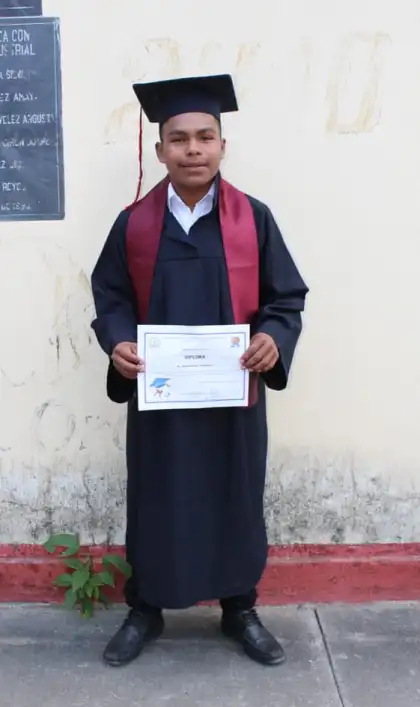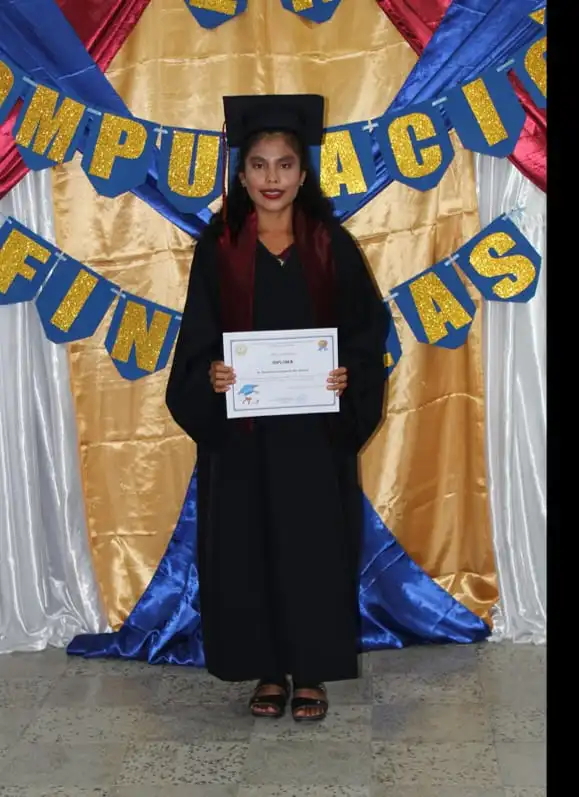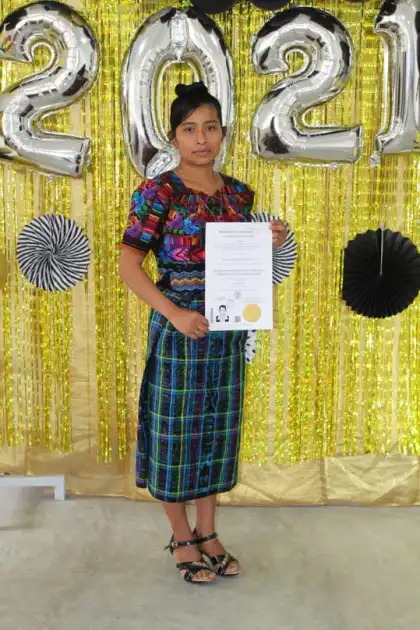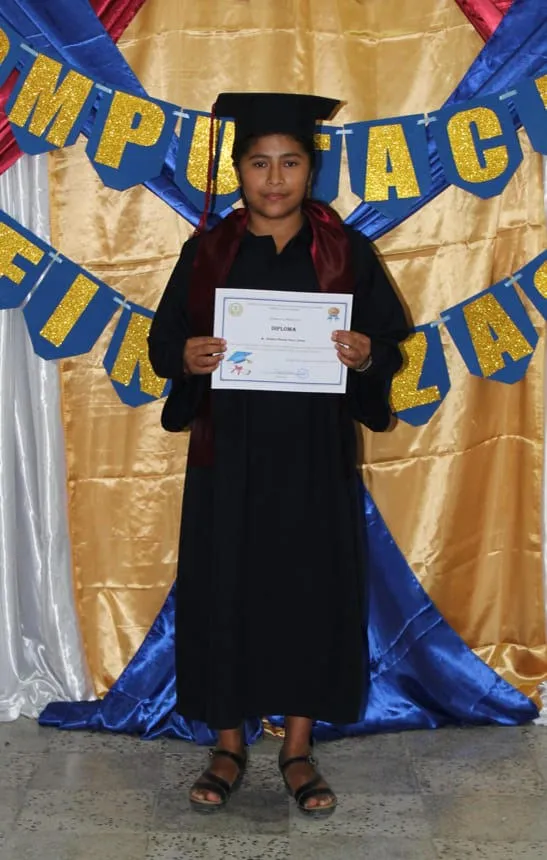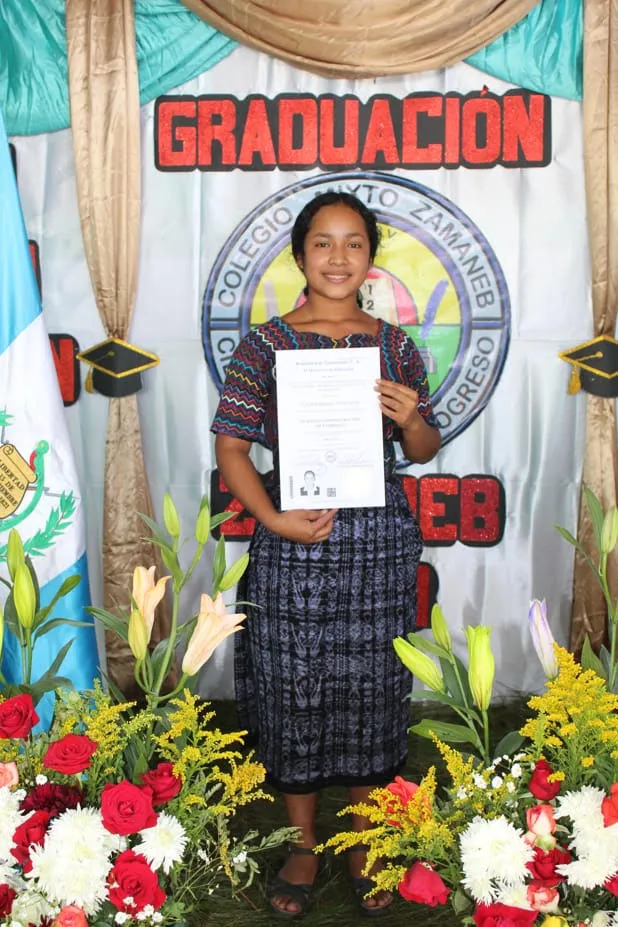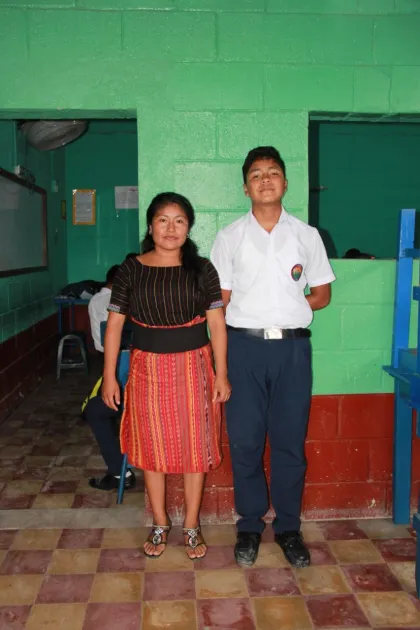This Task Force supports the work of the Unitarian Universalist Service Committee (UUSC), which promotes human rights at home and abroad.
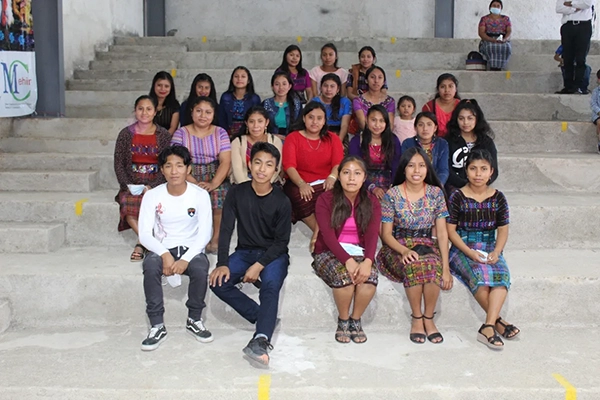
Learn more about the work of the UUSC and how you can be involved.
Love Crossing Borders
As UUSC representatives we focus on those who are marginalized, threatened by the system and impoverished. At our core, we are about environmental justice, respectful activism and supporting people’s civil liberties. We believe in valuing and supporting all people. We believe in love crossing borders. Learn more about the work of the UUSC and how you can be involved here.
Our primary work is to support a Scholarship program in Rabinal, Guatemala through fundraising and to build relationship with the Mayan community through cultural exchange trips. We work in partnership with the UU Church of Arlington Virginia, and ADIVIMA, the administrator.
Why Support the Scholarship program?
As Unitarian Universalists we believe in justice, equity and compassion. We cannot stand by doing nothing, while minority groups suffer at the hands of the majority. We feel called to action.
Mayan people have been oppressed in Guatemala for generations. During the 70’s, 80’s and 90’s, there was a civil war. During this time of chaos, in Rabinal like in many other areas of Guatemala, thousands of Mayan people were massacred. Around the same time, the Chixoy Hydroelectric Dam was built in the Rabinal region which inundated 33 Mayan Villages. In almost all cases, lives and homes were lost. The Maya Achi were promised homes in a resettlement village called Pacux, a former army camp with electricity, running water and fertile land to grow crops. Many of them moved there in good faith, but as you can see from the picture below, they were never hooked up with electricity and were only given access to land with little or no water.
We cannot undo what happened, but we can recognize the inherent worth and dignity of the Maya Achi. What we can do, and what we will continue to do, is support future generations by providing hope and respect through education.
We feel proud of our achievement and humbled by the continued generosity of this congregation. We supported 3 scholarship students when we started in 2007, but since 2017 we have been able to support 60 students every year. We hope to maintain this number of students, but it will only be possible with your continued donations.
Who are the students?
In order to receive a scholarship:
Other details about the selection process:
Looking beyond the numbers, our students are enthusiastic, motivated young people who are driven to lift themselves and their families out of poverty. They have dreams of going to college and becoming part of the professional workforce. In so many ways they are like the teenagers in our families, here in Colorado, but unfortunately were born into circumstances that do not afford them the opportunities many of us take for granted…school, transport, food and clothing.
Did you know?
How to Donate
The program is fully funded by one-time donations and recurring monthly donations from JUC members, in partnership with the UU Church of Arlington VA. We also encourage gifts to the scholarship in memory of loved ones. Regular, monthly donations help us sustain the program and ensure students know that once they start, they will be able to graduate with our support.
You can become a monthly donor by printing and filling out this short form. Forms, cash or checks will be gladly received by our office. Forms, cash or checks will be gladly received by our office.To donate online, please click the button below.
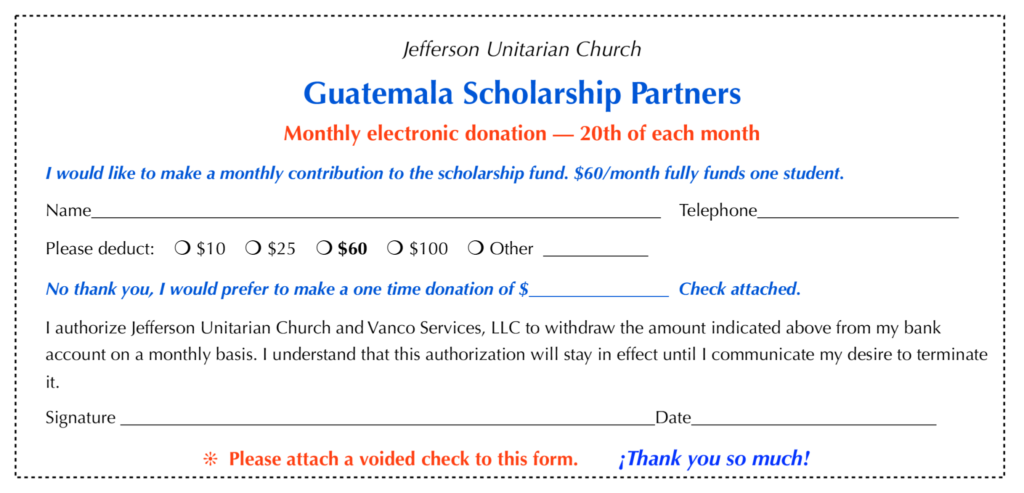
14350 W 32nd Ave, Golden, CO 80401
(please include Guatemala Scholarship in the memo line)
Visit the students
Each year, the Taskforce organizes a cultural exchange trip to Rabinal. Trips enhance understanding of why we are called to create compassion and justice in the world beyond our borders. These alternate between adult-only trips during the US school year and Family Trips during the summer where teens attend with a parent. As of 2022, 78 JUC members and friends have visited Guatemala. Trips are a powerful, memorable experience for both visitors and hosts. Most members of our current taskforce joined after visiting Rabinal, meeting members of the Maya Achi and being inspired to do more to help. Click here for a copy of the 2023 Trip Leaflet/handout.
What else can you do?
If you have 5 minutes
If you have an hour
If you have more time- thank you!
Program Accomplishments
Our funds are highly impactful because decisions about how they are spent come from those on the ground. This means that when ADIVIMA’s leadership speaks, we listen and act.
Want to learn more?
A Just Journey to Guatemala- Survivor Stories
If you only have time for one video…watch this one. We encourage you to take the time if you can. Chris and Steef Sealey have put together this powerful (and in places disturbing/upsetting) video to illustrate why the work we do is vital, and so impactful.
